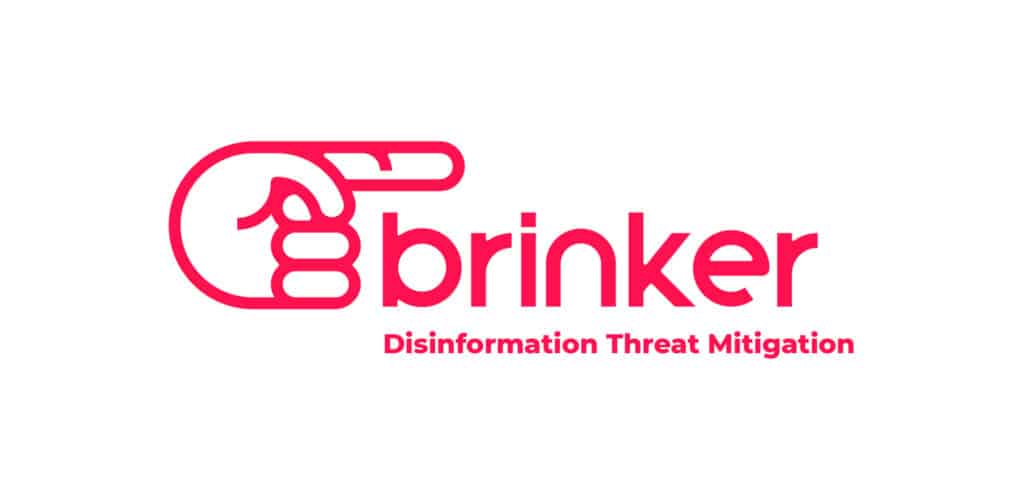Microsoft is warning users of Google’s Chrome and The Mozilla Foundation’s Firefox web browsers that a malicious browser extension for those platforms attempts to steal Facebook account login information after it is installed. The attacks have mostly occurred in Brazil, Microsoft, and have been linked to spam campaigns promoting GM cars, like the Chevy Celta, an ultracompact car produced by General Motors do Brasil, according to a post on Microsoft’s Technet web site. Microsoft identified the malware bundled with the browser extensions as Febipos.A, a malicious Trojan. After being installed, the Trojan waits for the user to log in to Facebook before it springs to life. Febipos downloads commands from a remote website that instruct it to carry out a wide range of actions through the active Facebook account, including wall posts, sharing and “liking” pages, commenting on other users’ posts and inviting Facebook friends to a group chat. You […]
Tag: malware
Homeland Security Warns Of Expanding Medical Device Attacks
A bulletin published by the Department of Homeland Security has warned that the increasing use of wireless networking technology to enable medical devices expands the ways that those devices could be hacked. The bulletin, published May 4 by DHS’ National Cybersecurity and Communications Integration Center, warns that advances in medical devices, including Internet connectivity and the use of smartphones, tablets and other mobile devices in patient care “expands the attack surface” of medical devices. “Smartphones and tablets are mini computers with instant access to the internet or linked directly to a hospital’s network. The device or the network could be infected with malware designed to steal medical information if not upgraded with the latest anti-virus and spy-ware software,” DHS said. Advances in medical device technology have already greatly improved medical care, especially in areas like medical health records and remote monitoring of patients with implantable medical devices. However, too little […]
New Banking Trojan Hacks The FAQ To Fool Users
Cyber criminals are notoriously crafty and persistent, especially when it comes to defeating security measures created to thwart them. But a group behind a recent version of the Ramnit banking malware has raised their game to a new level: hacking the customer FAQ (frequently asked questions) document to make their malicious activity look like it was business-as-usual. A report on Tuesday by the security firm Trusteer finds that new variants of Ramnit targeting a UK bank have added features to game a one-time-password (OTP) feature at the bank. Among other tricks, the Ramnit variant uses an HTML injection attack to alter the wording of the bank’s customer FAQ, making it seem as if prompts created by the malware were standard security features at the bank. The report, published on the Trusteer blog, described a complex ruse in which Ramnit lies dormant on infected machines, then springs to action once a […]
BadNews: Mobile Attackers Pivot To Malicious Ads
The identification over the weekend of a large-scale outbreak of mobile malware dubbed “BadNews” is bad news, indeed for millions of Android device users, who downloaded applications from the official Google Play application store that connected their devices to a malicious advertising network, dubbed “BadNews.” The discovery of the malware-infected apps, which were downloaded between two- and nine million times, suggests a new wrinkle in the mobile malware space, with attackers turning to honest-seeming mobile ad networks to push out malicious links and collect information on compromised devices. “This is one of the first times that we’ve seen a malicious distribution network clearly posing as an ad network,” wrote Lookout’s Marc Rogers on the company blog. He speculated that the new tactic may reflect improved security on the Google Play app store following the introduction of the Bouncer malware scanner. Lookout said that the company notified Google, which removed the […]
The New Normal: Wednesday Is DDoS Day At Citi
How common are crippling denial of service attacks aimed at Western banks? Here’s one sign: Wednesday is unofficially “DDoS day” at Citi, according to a Senior Vice President for Information Security at the financial services powerhouse. Speaking on Wednesday at an event hosted by Perdue University, Mamani Older told an audience at CERIAS 2013 that massive distributed denial of service – or DDoS – attacks have become “business as usual” for Citi, and that those launching the attacks have fallen into a predictable schedule of attacks. Hump day, she said, is Citi’s turn to fend off a torrent of Internet traffic designed to interrupt the bank’s operations and sever its connections to its customers, she said. “We should be getting hit right now,” she said. Older was speaking on a panel on the topic of “security metrics” and “security analysis.” The panel was part of CERIAS 13, an annual information security symposium […]






